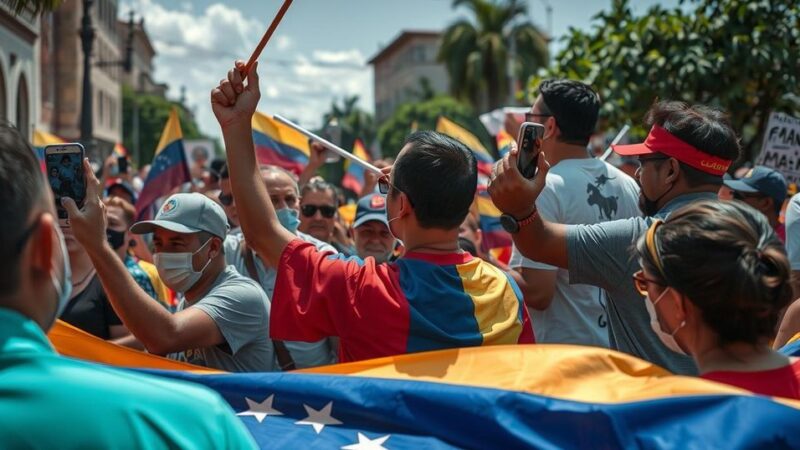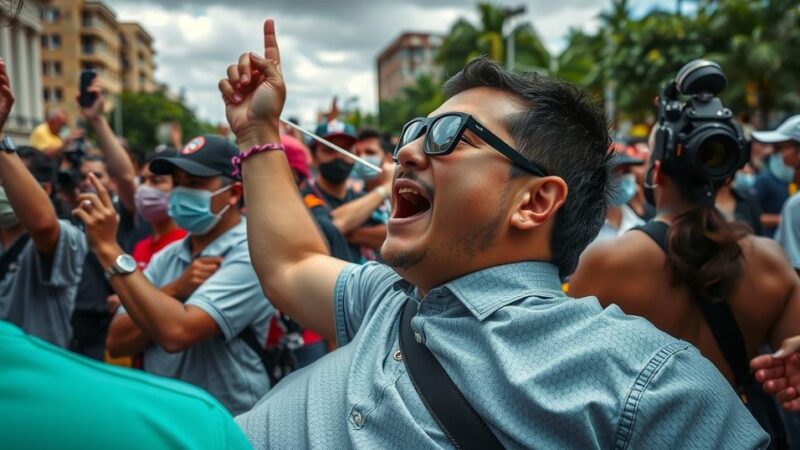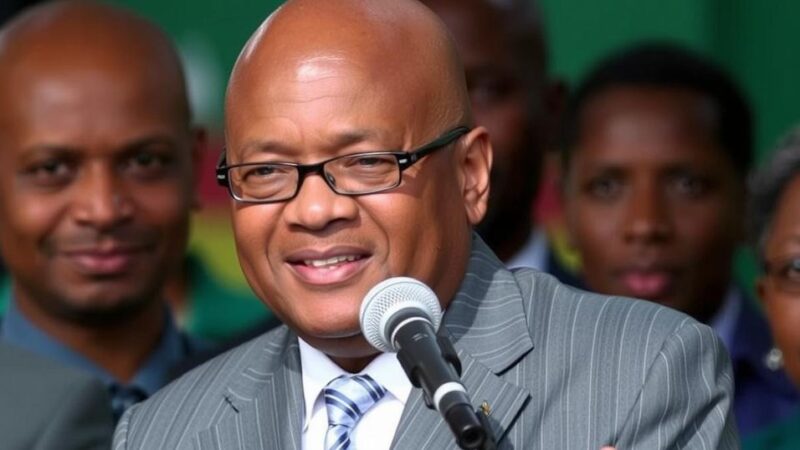Smartmatic, an electronic voting company, announced its exit from Venezuela after accusing the government of electoral fraud. However, documents reveal its software was used in multiple elections post-exit, notably through a third-party firm, Ex-Cle, indicating covert operations to mask Smartmatic’s involvement. Despite denials, internal sources confirm Smartmatic’s ongoing participation in the electoral processes, raising significant concerns about election integrity in a politically charged environment.
Smartmatic, an electronic voting technology company, publicly accused the Venezuelan government of electoral fraud following the 2017 National Constituent Assembly election and subsequently announced its exit from the country after thirteen years of involvement. Despite this withdrawal, documents from Venezuela’s National Electoral Council, acquired by the Miami Herald, reveal that Smartmatic’s software continued to be utilized in at least three additional elections, including the municipal elections in December 2017 and the contentious presidential election in May 2018. Reports indicate that Venezuelan officials colluded with Smartmatic to obscure the company’s engagement by employing a third-party firm, Ex-Cle, to mask its involvement. Sources who worked within the National Electoral Council confirmed that Smartmatic provided technicians and expertise for the implementation of its software, despite its official assertions denying participation in these elections. The firm’s representatives maintained that their software could not be considered authentic unless Smartmatic was involved in all phases of the election process. Following inquiries regarding the software’s use in Venezuela after its exit, the company’s narrative shifted, eventually admitting to its software’s presence in the controversial elections, while claiming their lack of endorsement over the said processes rendered the software unverified. Smartmatic’s initial statements post-election, which echoed allegations of fraud, have been contradicted by subsequent revelations regarding its operational ties in Venezuela post-announcement of withdrawal. Additionally, the company’s financial transactions were called into question, with reports indicating payments made to Smartmatic through Ex-Cle as part of the arrangement to support the Venezuelan electoral system despite Smartmatic’s declared adversarial stance toward the regime. These conflicting narratives and behavior have cast a shadow on the integrity of the Venezuelan electoral process and raised significant concerns regarding companies providing voting technology under coercive political circumstances.
Smartmatic was founded in 2000 by Venezuelans and initially gained prominence when it was selected to overhaul Venezuela’s voting machinery in preparation for President Hugo Chavez’s reelection. The company claimed a commitment to transparent and fair elections for over a decade in Venezuela until the political landscape shifted dramatically. In 2017, Smartmatic accused the Venezuelan government of manipulating election turnout data and announced its cessation of operations, declaring that its software would not be involved in future elections. However, the discovery of documents indicating continued use of Smartmatic software, concealed through a third-party company, has stirred allegations of collusion and corruption within the Venezuelan electoral system post-withdrawal. This ongoing situation reflects larger issues of electoral integrity and the challenging dynamics between election technology providers and authoritarian regimes.
In conclusion, the allegations surrounding Smartmatic’s role in Venezuelan elections post-2017 highlight significant concerns regarding transparency and the integrity of political processes in the face of authoritarian governance. The reported use of Smartmatic software in contentious elections, despite the company’s official withdrawal, sheds light on the complexities and ethical implications of electoral technology in environments riddled with manipulation and distrust. The continued scrutiny of Smartmatic’s decisions and its environmental relations amidst global political tensions underscores the need for clear guidelines regarding technological engagement in elections worldwide.
Original Source: www.miamiherald.com







